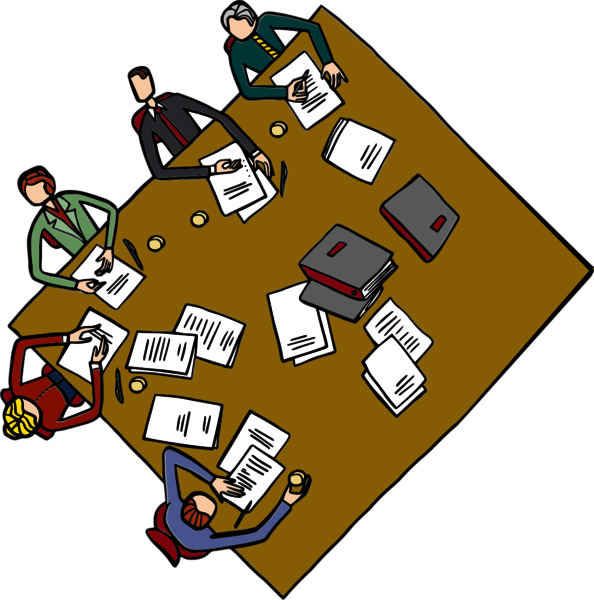We work with managers of all levels on key topics such as values and leadership attitudes, cooperation, roles, trust and basic leadership tools. For us, learning is not initiated by listening. In our programs we create a safe space in which experiencing, trying things out, trial and error, open feedback and reflection are a given. Our training courses for leaders are designed as learning journeys in which new behaviour can be anchored in order to become routine. The didactic heart of the program is our learning cycle of experiencing - reflecting - deepening - transferring, which the participants go through iteratively.
From employees to the board of directors - we always encourage you to extend your comfort zone, look at existing and tried and tested things from new perspectives and critically question whether your own behaviour leads to the desired goal. We align the way the program is carried out to the specified requirements and a joint clarification of needs and use classic face-to-face workshops as well as purely virtual or hybrid implementation.
We design our leadership programs in a co-creative process based on the challenges and goals of different leadership levels within the organization.
Leadership level:
Leaders of divisions or departments.
The challenge:
To develop and bring to life a common understanding of culture and leadership throughout the entire leadership function. Leadership is made an explicit topic here so that the basic conditions necessary to achieve operational goals can be set.
The focus:
• Development of a shared leadership culture
• Establishing leadership principles to replace rigid rules
• Using of common decision-making premises to ensure consistent direction
• Targeted design of culture through storytelling and applying talk-walk-repeat
• Making change initiatives concrete
Leadership level:
Leaders of teams.
The challenge:
Achievement of operational goals by team members.
The aim here is to develop processes, continually optimize them and encourage employees to constantly think about their own improvements.
The focus:
• Leading a team without controlling details, but at the same time paying attention to everyone
• Fostering self-responsibility and self-organization
• Accompanying the development of employees
• Identifying conflict patterns and ensuring conflict resolution
• Accepting complexity and making use of it for the diversity of the team
• Using feedback regularly as a method
• Improving the failure culture in the team
• Reflecting on your own role in change processes
Leadership level:
Interdisciplinary teams that come together for tasks or projects.
The challenge:
How does leadership succeed without disciplinary authority? Classical leadership tasks are being carried out more and more in an independent and self-organized way.
The focus:
• Role definition
• Development of decision-making principles
• establishing communication channels
• Self-organized working methods
• Self-organized structures
Leadership level:
Long-time team leaders
The challenge:
Reflection on your own leadership experience against the background of the challenges of a VUCA world (Volatility – Uncertainty – Complexity – Ambiguity)*
The focus:
• Experiencing the impact of leadership on culture
• Dealing with the challenges of a VUCA environment
• Adopting a coaching posture
• Consciously shaping culture with good practices
• Decision making as an action that expresses the fundamental beliefs of an organization
• Creating a team culture that is open to change and innovation
* VUCA is an acronym that describes four changes and challenges facing companies and employees in today's working world: Volatility - Uncertainty - Complexity - Ambiguity.
Leadership level:
Junior leaders / talent pool
The challenge:
Definition and reflection of your own leadership role
The focus:
Answering the question: Why should anyone be led by me?
• My strengths and values
• Experiencing the fundamentals of leadership
• Effective leadership communication
• Agreeing on results
• Motivation
• Growth mindset
• Giving and accepting feedback
• Reflection on dealing with role conflicts
• Trust and communication
• Practicing facilitation skills


